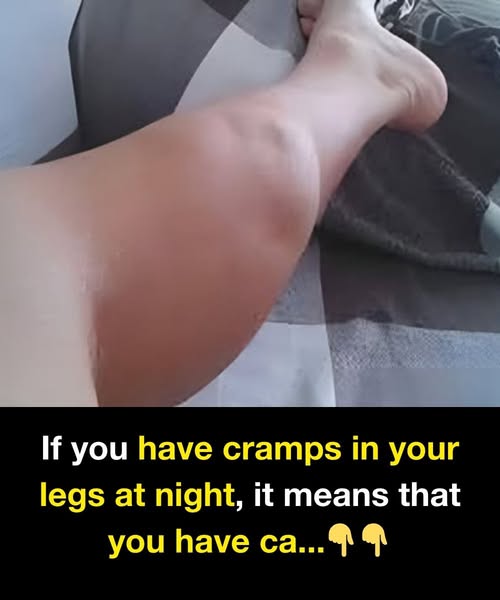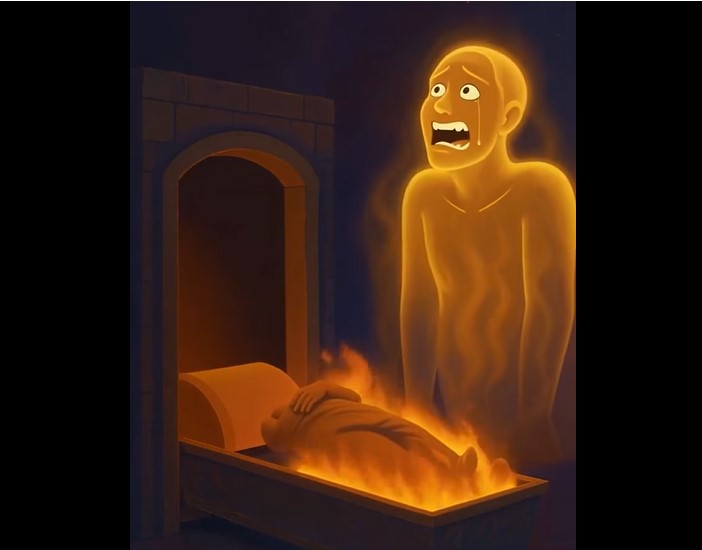If you have cramps in your legs at night, it means that you have ca…
Night cramps are sudden, involuntary muscle contractions that often strike during sleep, jolting people awake with sharp pain. Though the spasm may last only seconds, the lingering soreness can disrupt rest and even cause anxiety about going to bed. While nearly everyone experiences night cramps at some point, certain groups are more vulnerable due to age, health, lifestyle, or medication use.
Older adults are among the most affected. Studies show nearly one-third of people over 60 experience regular night cramps. With age, muscles lose elasticity, nerves weaken, and circulation slows—especially in the legs and feet—making cramps more likely during rest.
Pregnant women also face a high risk, particularly in the later stages of pregnancy. Added weight, hormonal changes, and pressure on blood vessels contribute to muscle contractions, leaving many expectant mothers struggling with frequent nighttime cramps that disrupt already-fragile sleep.
Athletes and physically active individuals face different triggers. Overworked muscles, dehydration, and electrolyte loss from heavy sweating can cause muscles to misfire, often during recovery at night. Conversely, people with sedentary lifestyles also suffer, as prolonged sitting or standing reduces circulation and stiffens muscles, setting the stage for painful spasms.
Chronic conditions like diabetes, kidney disease, and thyroid disorders can also contribute, while certain medications—including diuretics, statins, and some forms of birth control—raise the risk by affecting electrolytes and muscle function.
Though common, night cramps are often preventable. Staying hydrated, stretching regularly, and addressing underlying health issues can greatly reduce episodes. Recognizing the risk factors is key—whether from age, activity, or health—so individuals can take steps toward more comfortable, uninterrupted sleep.






Post Comment